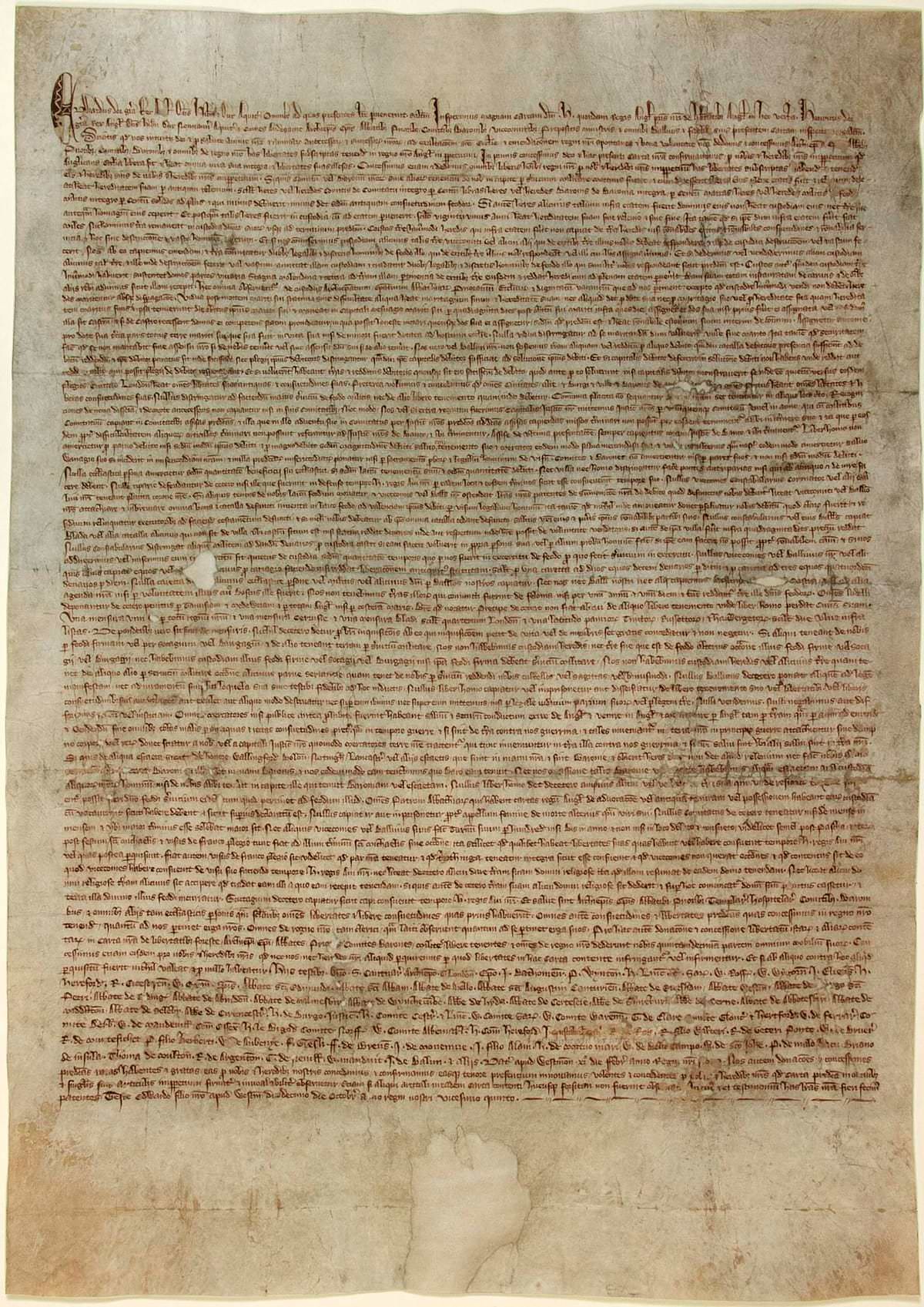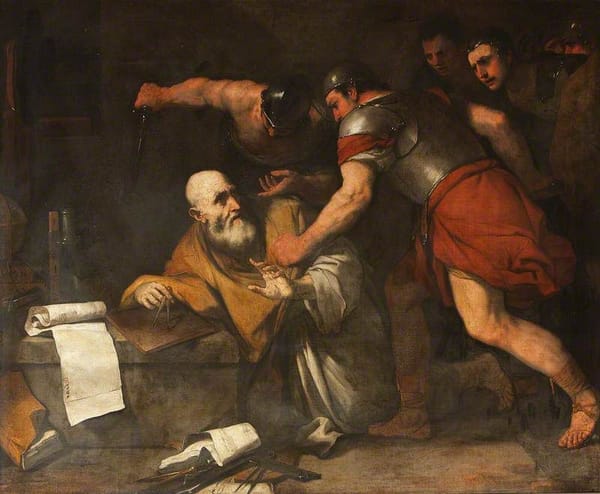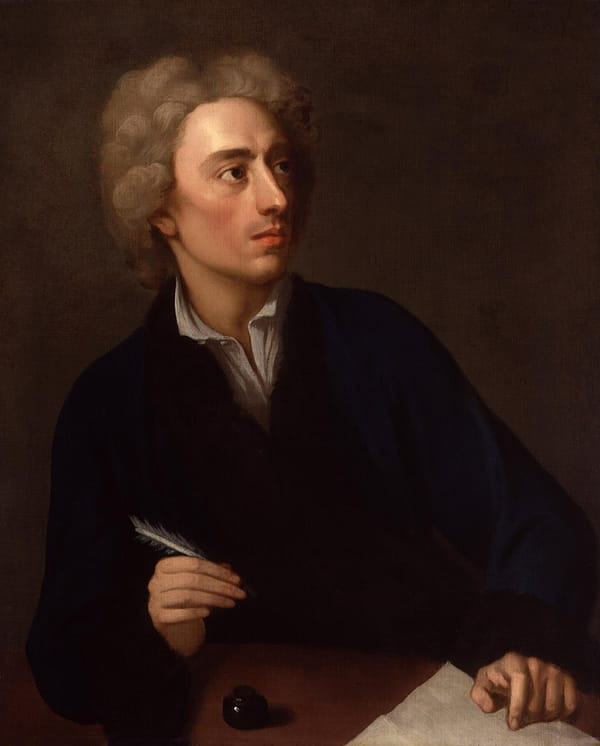The Story of The Magna Carta

In Medieval England, the feudal system was in place. In this system of government, the peasants were at the bottom and had the least rights. The nobles had more rights than the peasants and could own land, on which the peasants resided. Finally, the king had all the rights over the land and could basically do whatever he wanted.
In the early 13th century, the English people were ruled by a particularly bad king, named John Plantagenet. In fact, this king is believed to be the worst king ever. He imprisoned his wife, starved his opponents to death, and even murdered his own nephew. On top of all that, he had expensive hobbies and imposed extreme taxes.
King John loved going to war. Unfortunately for him, war was an expensive hobby, and he didn't exactly have the funds to go to war as much as he wanted, so he decided to tax his subjects. These taxes went as high as 50% of the dukes' earnings in a year.
King John's dukes were not very fond of paying taxes (just like anyone else), especially not such high taxes, so they decided to do what any normal people would do. They assembled their armies and marched upon London, taking it and then forcing King John to sign the Magna Carta.
The Magna Carta is a document that stated that the king could not do whatever he wanted (impose unreasonable taxes in this case) and he had to obey the law. It also described the law.
Three important laws are:
There are 60 other laws in the Magna Carta.




